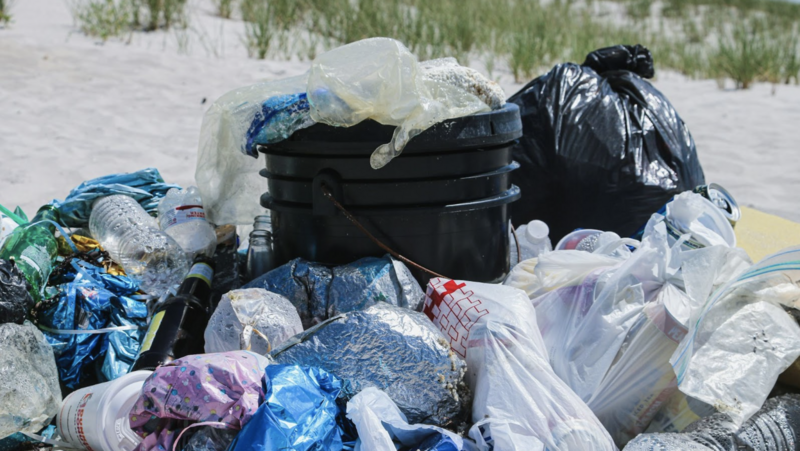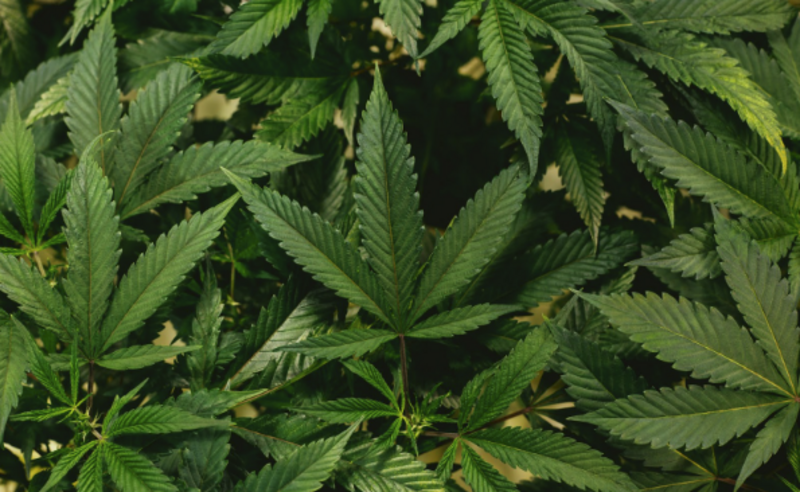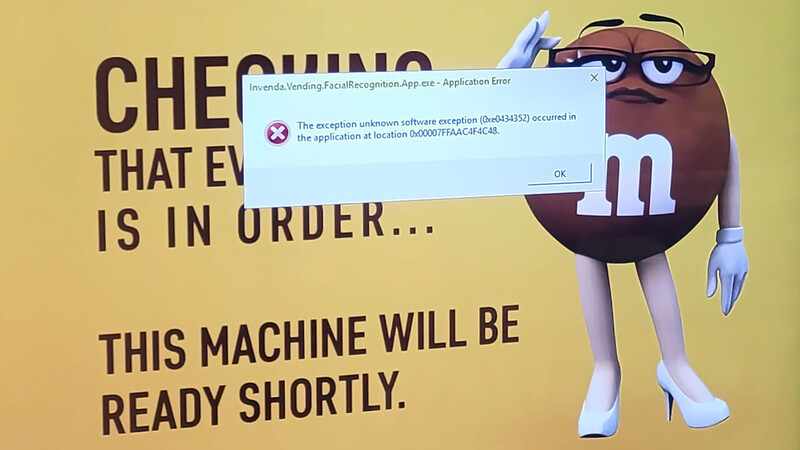
A history of using Danish schnapps to smooth over land disputes could set the tone for a budding friendship between Greenland and Canada.
Driving the news: Greenland, a 57,000-person island nation that also happens to be the 12th-largest country in the world, is looking to strengthen political and economic ties with Canada and the U.S. as part of a larger push to become more economically independent.

From the creators of Musk vs. Zuckerberg, Musk vs. Advertisers, and Musk vs. Delaware comes the most thrilling instalment yet… Musk vs. OpenAI.
What happened: Musk is suing the AI industry’s leading company, OpenAI, which he helped co-found in 2015, and its CEO, Sam Altman. He alleges that the company has betrayed its founding agreement to create AI for the benefit of humanity by inking its deal with Microsoft.

The market for human-looking robots just got a lot more money pumped into it.
What happened: Figure AI announced a US$675 million Series B round that values the two-year-old robotics startup at US$2.6 billion. Some big names in tech seem to think it’s a solid enough bet that their cash comes with new partnerships.
.gif)
What is a diffusion transformer?
It’s actually a combination of two concepts — diffusion and transformers — that make better-performing AI image and video generators.
.png)
Be less worried about your smart toothbrush’s security and take a look at the office WiFi router instead.

If the rollout of the national plastics ban feels a bit chaotic, well, that’s because it is.
Driving the news: Under a new bylaw effective today, Toronto businesses will have to ask customers if they want single-use plastic items like utensils, straws, napkins, paper bags, and plastic containers with their takeaway orders, or else face fines from $500 up to $100,000.
.jpg)
Much like the bankrupt crypto exchange FTX did after its collapse, the feds are embarking on a treasure hunt for vanished money.
Driving the news: The House of Commons passed a motion giving the prime minister 100 days to recoup funds paid to ArriveCan contractors who didn’t actually do any work on the app, which could impact about 76% of subcontractors hired, according to one estimate.

If you’ve ever longingly wondered why Canada can’t be more like Sweden, maybe a new pharmacare bill will help you feel a bit better.
Driving the news: The federal government has tabled the Pharmacare Act, which, if passed, would give Canadians access to free diabetes medication and birth control.
.png)
Sure, trading stocks is cool and all, but have you tried trading your old sports cards?
What happened: This week, an unopened case of hockey cards rumoured to have more than two dozen rare Wayne Gretzky rookie cards sold for $5 million at an auction.

Alberta Scared birds
🤝
“Maybe we should cool it with all these new wind turbines.”
What happened: After lifting a seven-month ban on new renewable energy projects, Alberta has introduced rules restricting where future developments can set up shop in order to keep prime agricultural lands for farmers and preserve the province’s “pristine viewscapes.”
.jpg)
*Backstreet Boys voice* Bit. Coin’s. Back. Alright!
Driving the news: Bitcoin reached its highest mark since November of 2021 yesterday, with prices briefly eclipsing $85,000 at one point. Retail investors poured money into bitcoin exchange-traded funds (ETFs), with BlackRock’s ETF registering a single-day record inflow of US$520 million.
.png)
Debates about regulating online content and the safety of children can get… heated, to say the least. So before the yelling starts, let’s take a look at what tech companies will actually be expected to do under the Online Harms Act.
.png)
The problem: Prescribing antidepressants involves a bit of trial and error: Between 40% and 60% of patients don’t respond to the first antidepressant they’re prescribed. Studies have shown that genetics account for up to 42% of variations in how patients with similar symptoms respond differently to the same medication.
.png)
The Mobile World Congress in Barcelona has become a major event for tech companies to show off their new phones, wearables, and software features. Here’s what’s getting the most attention (and why).

In response to a crackdown on Chinese investment in Canada’s critical mineral industry, major miners are deciding to drop the “Canada” part of their business.
What happened: According to The Globe and Mail, Canadian miner SRG Mining plans to relocate to the United Arab Emirates, a move the company said will stop a national security review that could have put the brakes on its financing deal with a Chinese energy firm.
.png)
Canadian Bank Earnings Week is under way, and while we admit it’s not as exhilarating as Shark Week, it can teach us some valuable lessons about the murky waters of the economy.
What happened: Quarterly earnings reports for Scotiabank and BMO showed that both banks are keeping more cash aside than analysts expected to cover loans that could go sour, known as loan loss provisions, continuing a trend of caution in a risky environment.
.png)
Scores of Canadian lawyers have fled for the bright lights of New York in recent years, clearly inspired by the undying popularity of Suits.
Driving the news: The legal profession in Canada is recovering from a pandemic-era case of brain drain in which 100 to 150 mostly junior-level lawyers left Canada, per The Globe and Mail. These legal eagles mainly flew the coop from Toronto to New York City.

This year’s Oktoberfest celebrations could have a much chiller vibe, and it’s all thanks to some weed-loving lawmakers in Germany.
Driving the news: Germany is the latest country to legalize cannabis for recreational use, a move that lays the groundwork for commercial legalization by 2030 and opens the door for Canadian producers looking to cash in on weed sales within the EU’s biggest economy.

Nowadays, you can’t even grab a sneaky little midday Mars bar without being silently judged by a dang machine.
What happened: Students at the University of Waterloo are revolting against Mars-owned campus vending machines after discovering the machines were scanning users’ faces without their knowledge.
